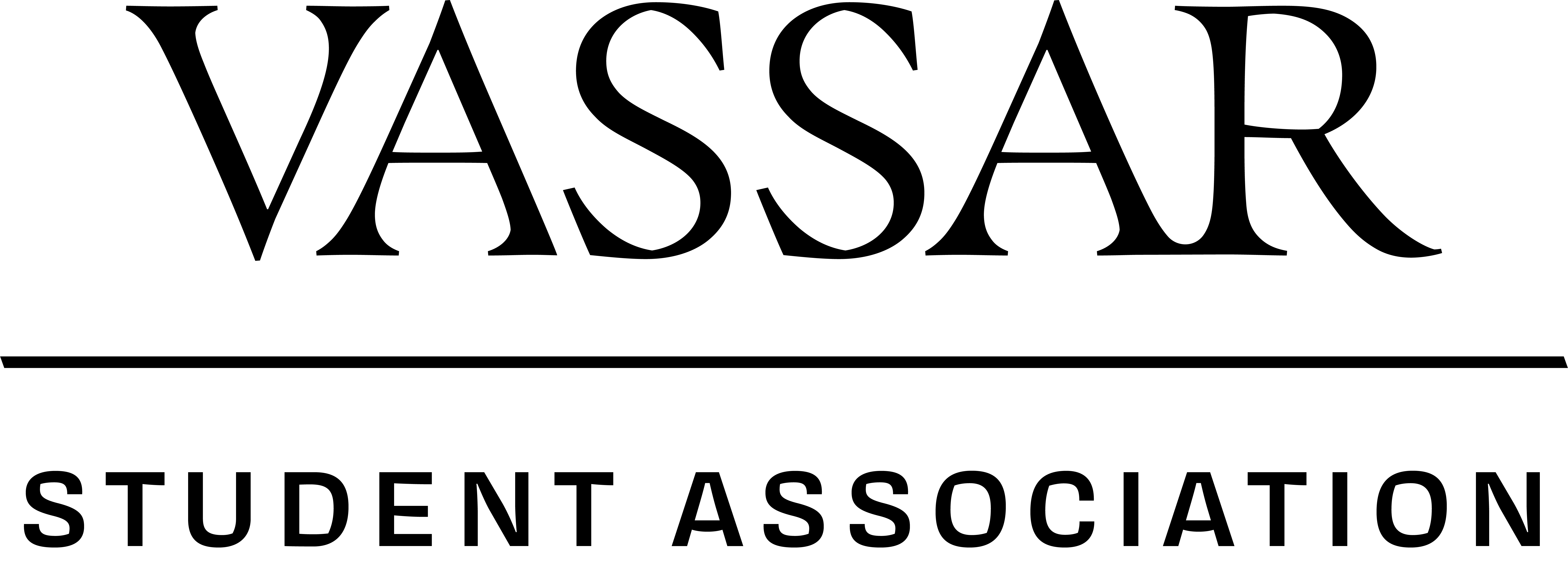FROM: The Fifth Senate of the Vassar Student Association (VSA)
TO: The Faculty, Vassar College
We, the VSA Senate, recognize the extraordinary challenges presented this semester. We are concerned by an ongoing college-wide mental health crisis, and we seek to advocate for our students’ emotional and psychological wellbeing. While we are faced with multiple challenges, we believe that academics are central to our lives and that modifications to academics can significantly benefit student mental health right now.
Undeniably, with campus open, we have much to be grateful for. Yet, the pandemic continues to make learning challenging. The campus restrictions, while necessary to safeguard students’ health, have led to great isolation in our community. Furthermore, students have been on campus since as early as August 8th, and some have not left since spring. Therefore, the lack of substantial breaks this semester is having a massive impact on students’ mental health and ability to perform academically.
For students working remotely, isolation and a lack of resources have been particularly difficult. Additionally, time zone differences have significantly disrupted the study habits of remote students. The virtual format of most classes has also made it difficult for students to focus, learn, and engage as they might in a typical semester. Furthermore, we imagine that our newest students might be dealing with imposter syndrome, making asking for help during this hard time even harder.
Extracurricular activities have also been sparse as a result of the challenges of gathering, giving students little relief from their coursework. As the weather continues to get colder, the few outdoor activities that have been available to us will be restricted and students will become more isolated. Additionally, the shorter hours of daylight will inevitably worsen student morale.
We wish to share with you the results of several surveys conducted by the VSA to gauge student mental health:
- Are you experiencing burnout? (524 responses): 86% reported yes
- Do you think more needs to be done to accommodate student mental health? (525 responses): 86% reported yes
- Is your mental health better or worse than a typical semester? (525 reponses): 81% responded worse
- Do you think your professors are accommodating to current situations? (458 responses): 30% said yes
- How would you classify your mental health from “Very Poor” to “Very Good”? (459 responses):
- How is your workload from “Too Little” to “Overwhelming”? (459 responses):
The VSA Senate strongly encourages that faculty implement the following recommendations in their classrooms:
- Reducing workloads
- Providing extensions or grace days
- Creating days off
- Shifting workloads to ensure students can fully participate in Community Care Days
- Changing grading policies: faculty can adopt policies like no-fail or double A
- Conversing with students about mental health
- Considering how the current political climate and upcoming election has increased stress in students’ lives
- Sending out an anonymous survey to your students allowing them the space to suggest changes to your course
The VSA will continue to check in with students to make sure that their mental health is being prioritized by all faculty and will take additional steps should their needs remain unmet.
Lastly, the VSA Senate recognizes that faculty members continue to face countless challenges of their own during this unprecedented time. We thank you for all that you do for us and hope that you are taking care of yourselves.
Sincerely,
The Fifth Senate of the Vassar Student Association




